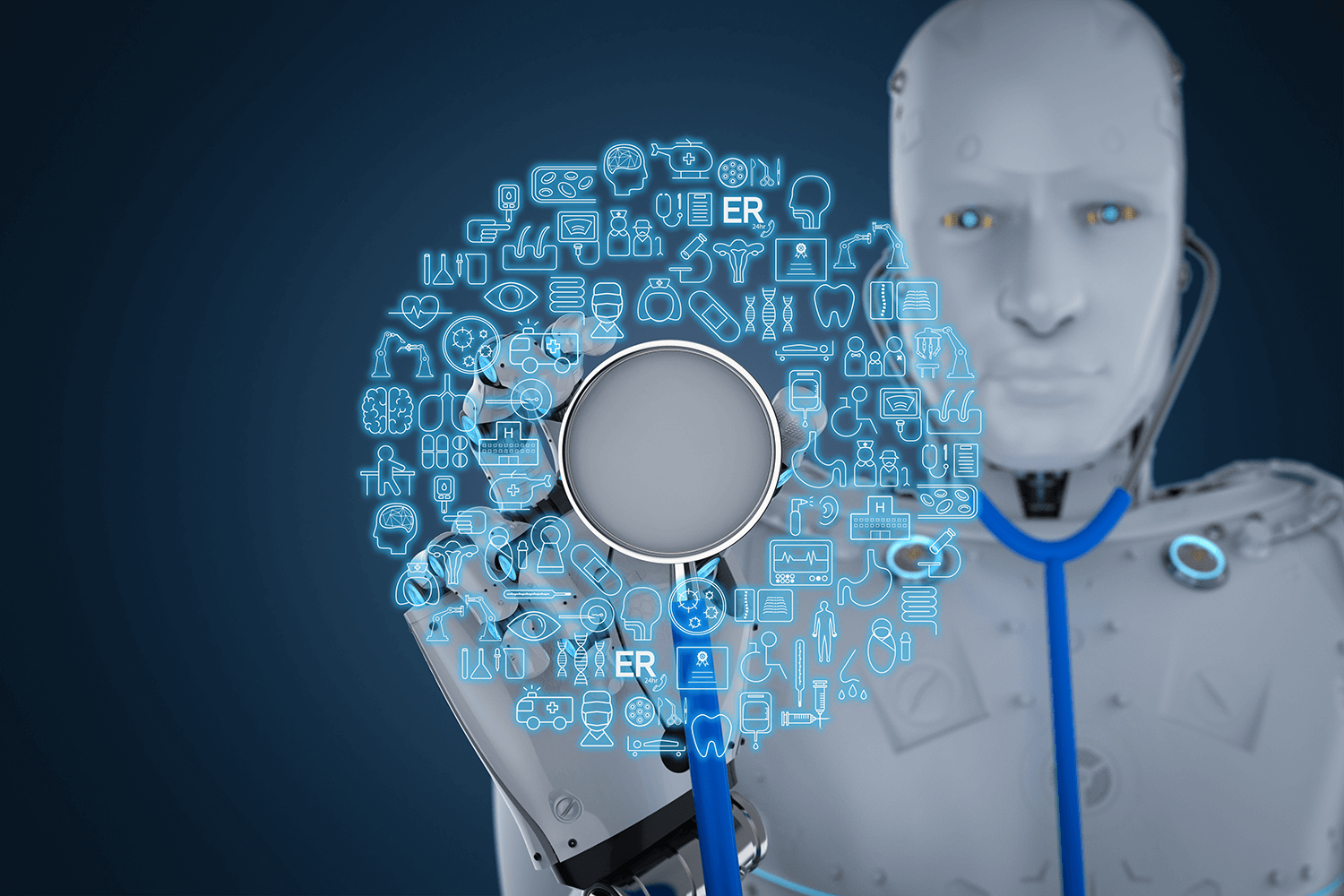In recent years, Artificial Intelligence (AI) has emerged as a transformative force in various industries, and healthcare is no exception. The integration of AI in healthcare has paved the way for unprecedented advancements, from personalized treatment plans to streamlined administrative processes. This blog will delve into the dynamic landscape of the Artificial Intelligence in Healthcare market, exploring its current trends, potential growth areas, and the impact it holds for both providers and patients.
Current Landscape
The Artificial Intelligence in Healthcare market is witnessing exponential growth, with a compound annual growth rate (CAGR) projected to exceed 45% by 2025. This surge can be attributed to several key factors. Firstly, the increasing volume of healthcare data, including electronic health records, imaging reports, and genetic information, necessitates sophisticated tools for effective analysis and interpretation. AI, with its data-processing capabilities, proves invaluable in deriving actionable insights from this vast trove of information.
Diagnostic Accuracy and Personalized Treatment
One of the most significant contributions of AI in healthcare is enhancing diagnostic accuracy. Machine learning algorithms can analyze medical images, such as X-rays, MRIs, and CT scans, with a precision that rivals or even surpasses that of human experts. This not only expedites the diagnostic process but also minimizes the margin of error, ultimately leading to better patient outcomes.
Moreover, AI facilitates the development of personalized treatment plans. By leveraging patient-specific data, including genetic makeup, lifestyle factors, and medical history, AI algorithms can generate tailored recommendations for therapies and interventions. This personalized approach ensures that treatments are not only more effective but also less likely to cause adverse side effects.
Telemedicine and Remote Monitoring
The advent of telemedicine, accelerated by the COVID-19 pandemic, has further propelled the AI healthcare market. AI-powered virtual assistants, equipped with natural language processing capabilities, enable seamless communication between patients and healthcare providers. These assistants can schedule appointments, provide basic medical advice, and even assist in medication management, enhancing patient engagement and satisfaction.
Additionally, AI-driven remote monitoring solutions have emerged as a game-changer for chronic disease management. Wearable devices equipped with AI algorithms can continuously monitor vital signs and alert healthcare professionals to any anomalies. This proactive approach to healthcare allows for early intervention, reducing hospital readmissions and improving overall patient well-being.
Operational Efficiency and Cost Reduction
Beyond clinical applications, AI is reshaping the administrative side of healthcare. Natural language processing algorithms can streamline documentation processes, converting spoken or written notes into structured data. This not only saves time for healthcare professionals but also ensures accurate and comprehensive patient records.
Furthermore, AI-driven predictive analytics are being employed to optimize resource allocation and staffing levels. By analyzing historical data and real-time trends, hospitals can anticipate patient influxes and allocate resources accordingly. This proactive approach not only enhances patient care but also reduces operational costs.
Challenges and Future Outlook
While the potential of AI in healthcare is immense, it is not without its challenges. Privacy concerns, ethical considerations, and the need for robust regulatory frameworks are paramount. Striking the right balance between innovation and patient safety will be crucial in shaping the future of AI in healthcare.
Conclusion
The Artificial Intelligence in Healthcare market is poised for remarkable growth, driven by its ability to enhance diagnostic accuracy, personalize treatment plans, facilitate telemedicine, and improve operational efficiency. As AI continues to evolve, it promises to revolutionize healthcare delivery, ultimately leading to better outcomes for patients worldwide. Embracing this transformative technology is not just a choice, but a necessity for the future of healthcare.



